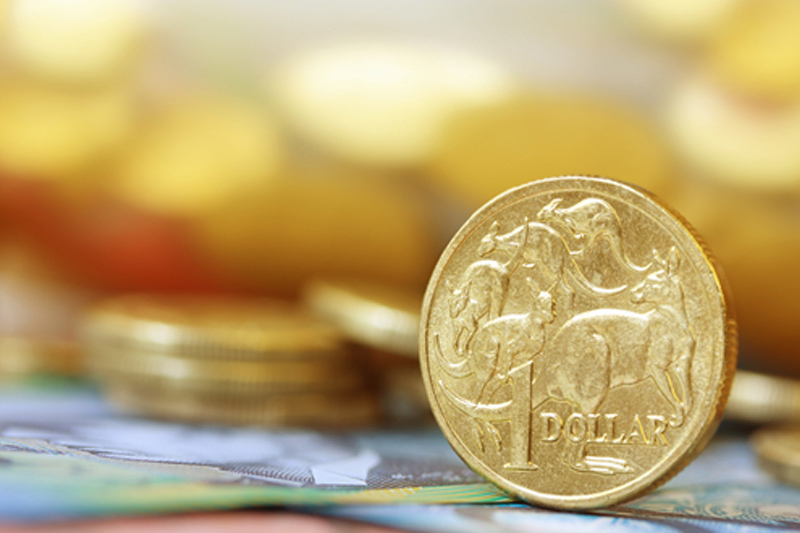* Aussie has fallen nearly 13 percent this year
* Looks to be forming a base and setting the scene for a rebound
* RBA inaction in rates could provide a catalyst
By Ian Chua
SYDNEY, Nov 2 (Reuters) - The Australian dollar appears to have found a base near 70 U.S. cents having already slid nearly 13 percent this year, and a rebound looms should the Reserve Bank of Australia (RBA) resist pressure for further stimulus at a policy review on Tuesday.
If the Aussie is no longer trending lower, the risk is the market bets the other way. The currency has drifted sideways since dipping under 69 U.S. cents in September - a low not seen since early 2009.
It was last near 71 cents.
The RBA, which has held interest rates steady after a cut in May, has toned down its rhetoric against the currency.
But with more easing expected from major central banks from Europe to Japan, the RBA might feel it has to follow suit just to keep the Aussie down at competitive levels.
Australia is already seeing the benefits of a weaker currency led by a boom in tourism and related services and can ill afford a resurgent exchange rate.
The economy is growing at a below-trend pace due to a mining downturn and prices of Australia's key commodity exports have fallen sharply. With Chinese growth slowing, chances of any recovery in prices will be remote at best.
Inflation is also very subdued, and consumer and business confidence are still fragile.
Goldman Sachs (N:GS) says the Aussie should be at 67 cents by March and expects the RBA to cut rates twice more.
Most analysts polled by Reuters poll expect the RBA to leave its policy rate steady at 2.0 percent on Tuesday, though for many the decision to hold or cut looks to be a close call.
"We are also tempted to say the RBA is too close to call... but economists are paid to have views. We remain on the side of the fence that favours leaving the cash rate at 2 percent at this week's meeting," said Michael Blythe, chief economist at Commonwealth Bank.
At the very least, the central bank could dial up its rhetoric against the Aussie dollar, as few major economies want a strong currency at present.
Even the U.S. Federal Reserve has sounded reluctant to tighten if it means a much higher dollar. It left rates steady last week but kept the door open to a December hike. (Editing by Simon Cameron-Moore)
